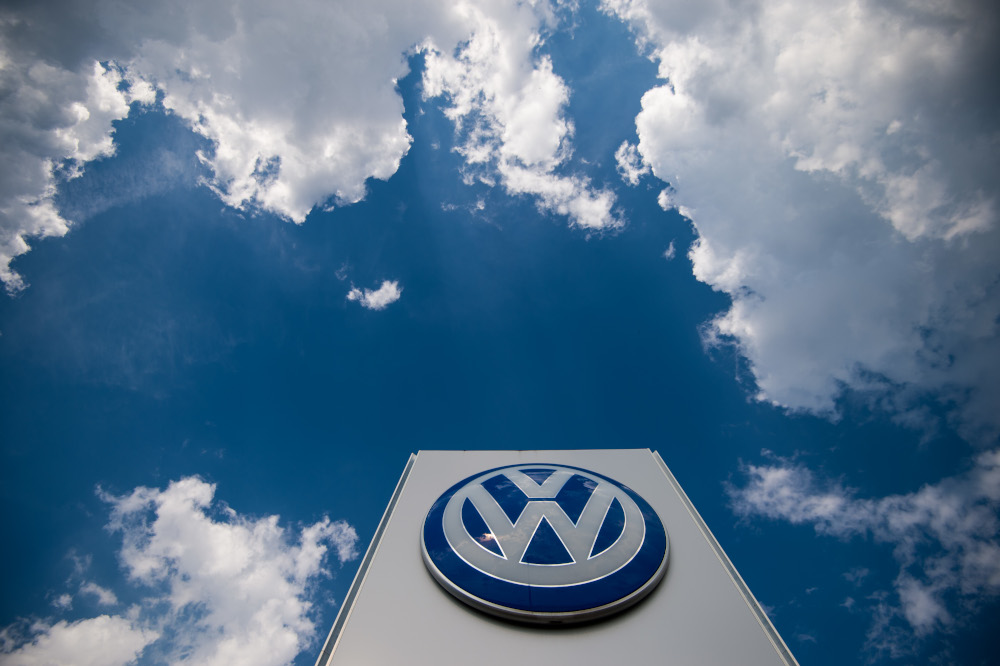FRANKFURT, Feb 28 — An important chapter in Volkswagen’s years-long “dieselgate” emissions cheating saga appeared headed for a close today, as the German car giant agreed a compensation deal with domestic consumer groups.
VW and German consumer federation VZBV reached a “comprehensive agreement” in a first-of-its-kind collective lawsuit brought by 400,000 diesel car drivers, the Brunswick higher state court said.
The mass lawsuit is one of the biggest legal hangovers from VW’s 2015 admission to fitting 11 million vehicles with software to make the engines appear less polluting in regulatory tests than in real driving conditions.
Consumer federation VZBV said it would reveal details of the agreement at a 1pm (1200 GMT) press conference.
Today’s announcement came just two weeks after the two sides fell out in public after agreeing in principle on €830 million (RM3.85 billion) in payouts for German diesel car drivers.
VW said at the time the talks failed because of “disproportionate” fee demands from VZBV’s lawyers.
But the consumer group said the money was needed to set up “a transparent, trustworthy and secure system” to actually pay out the cash.
Aside from the 400,000 diesel owners in the VZBV’s grouped proceeding, around 70,000 individuals have open claims against VW.
In May, one individual’s case will be heard at Germany’s top administrative court, a ruling which could have influenced the outcome of the settlement talks.
€30 billion scandal
So far the fallout from diesel cheating has cost VW more than €30 billion worldwide in legal costs, fines and compensation, most of it in the United States.
While American diesel buyers enjoyed generous buy-back and compensation schemes, German drivers have so far gone uncompensated for the impact of the scandal, which has since spread to other carmakers.
In an online announcement after talks broke down earlier this month, VW said it was ready to pay out between €1,350 and €6,257 per vehicle, depending on model and age.
Its conditions were that cars had to have been purchased before January 1, 2016, with the buyer a German resident and still in possession of the car.
Beyond compensation, VW appears to have fared comparatively well with respect to German fines.
The Wolfsburg-based group and subsidiaries Audi and Porsche paid a total of €2.3 billion in fines in the group’s home country.
Electric drive
In addition to actual owners of VW cars manipulated in “dieselgate,” investors are also pursuing VW for billions, hoping to recoup financial losses they suffered when the group’s shares plunged after the scandal broke.
And dieselgate-related investigations and court cases against individuals, including present VW boss Herbert Diess and former chief executives Martin Winterkorn and Matthias Mueller, remain open.
Der Spiegel magazine reported Friday that prosecutors had last week raided the offices and homes of Porsche engineers over the VW subsidiary’s role in dieselgate, adding four new suspects to a probe into the sports car maker.
While the parent group has long since returned to profitability, it is investing massively in electric mobility and automated driving in an attempt to catch up with foreign competitors like Tesla.
In the coming years, VW, its subsidiaries and other German carmakers plan a slew of electric models to polish their green credentials and avoid falling foul of harsh EU fines for excessive greenhouse emissions. — AFP






















